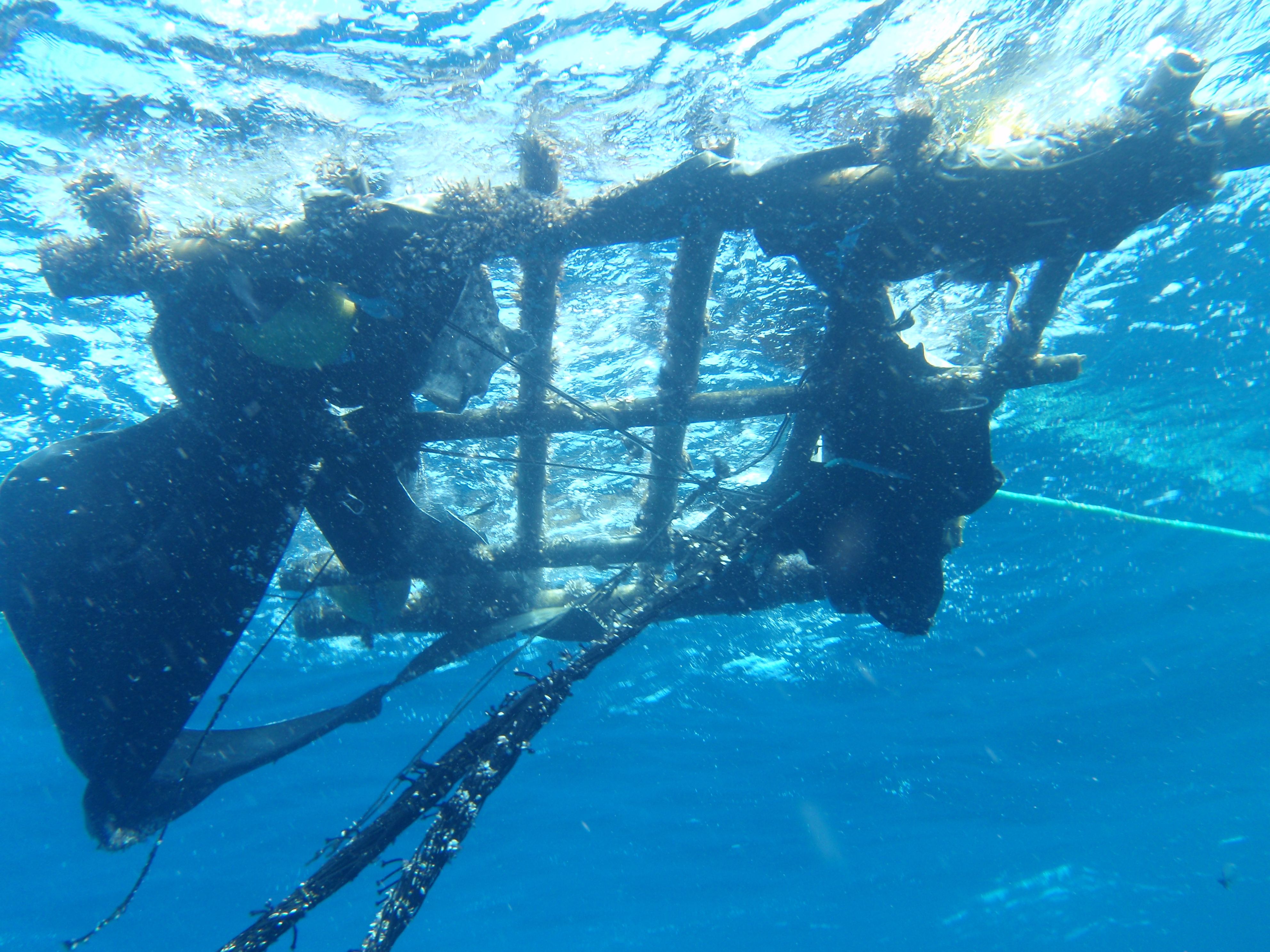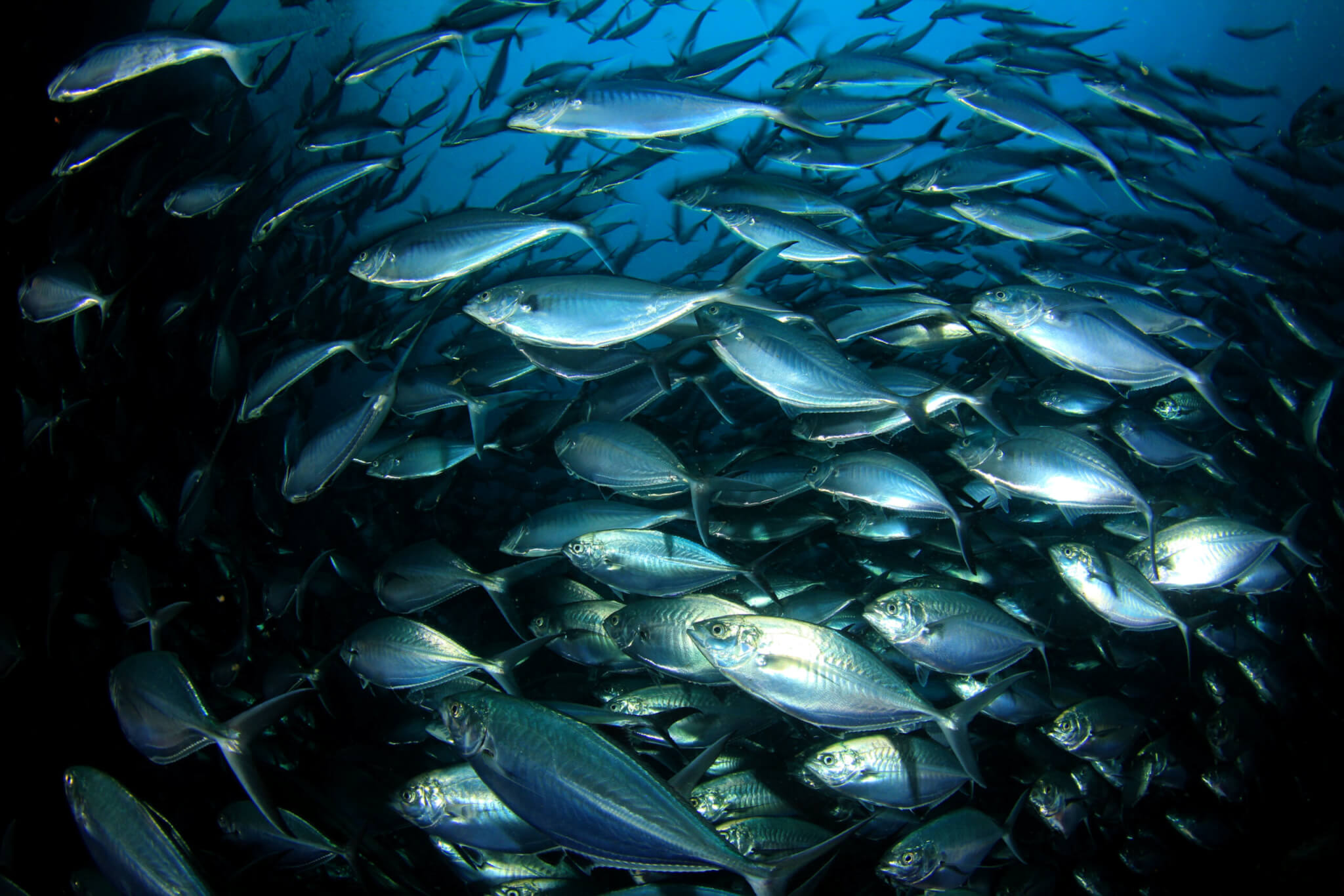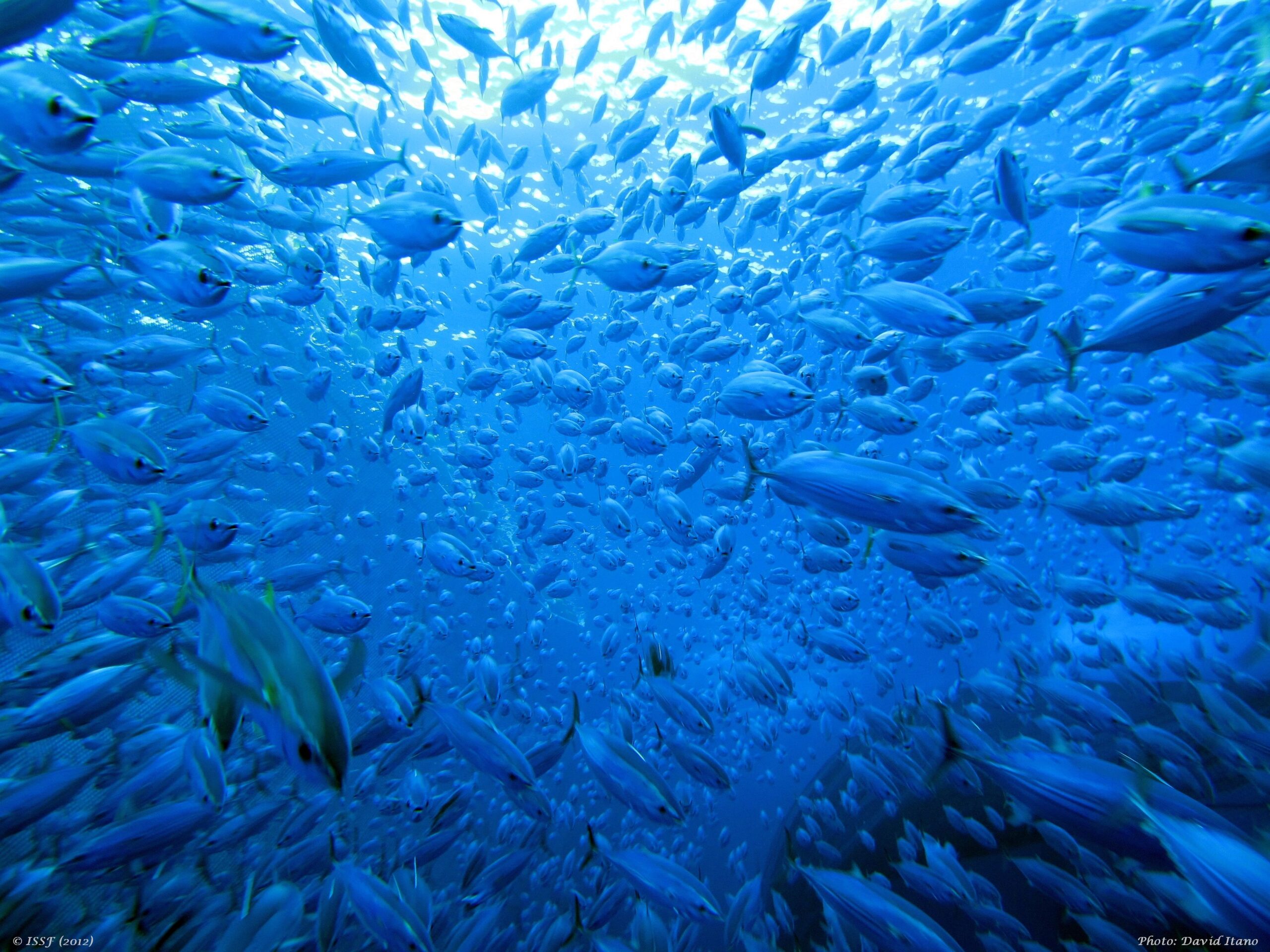
ISSF Statement: IATTC Fails to Preserve Tuna Conservation and FAD Measures at Annual Meeting
Last month, ISSF and its partners appealed to the Inter-American Tropical Tuna Commission (IATTC) to, at a minimum, act to ensure its current measures on tuna conservation and management do not lapse and stay in place for 2021. ISSF outlined its science-based recommendations to IATTC in our position statement.
Unfortunately, IATTC ended its Nov. 30–Dec. 4 virtual Commission meeting without keeping crucial “status quo” measures in place:
- First, the Commission could not agree to extend its current resolution for tropical tuna species for 2021, leaving the entire fishery for bigeye, yellowfin and skipjack tuna stocks without management measures. Fishing effort and catch limit provisions for these stocks are no longer in place.
- Second, IATTC did not extend into 2021 the requirements to limit the number of active FADs.
Despite the clear scientific advice to, at a minimum, keep these provisions intact, the objection of one party blocked their extension. As a result, the sustainability of the region’s tropical tuna fisheries and marine ecosystems is now at risk.
IATTC’s inaction is a breakdown of its responsibility to ensure the long-term sustainable use of Eastern Pacific Ocean (EPO) tuna resources. In response to the Commission’s flagrant failings, ISSF urges all IATTC parties to exercise restraint and take the precautionary approach by voluntarily continuing to apply the previously in-effect provisions throughout 2021. Doing so will help keep fishing mortality at a level consistent with IATTC objectives.
ISSF calls upon IATTC to urgently organize an emergency session of the Commission early in 2021 to put in place binding conservation measures that will apply immediately.
We recognize that pandemic lockdowns and travel limitations have made substantive discussions and consensus-building especially difficult this year. But RFMOs and national governments will remain in this situation for the foreseeable future — and they need to adapt, as other organizations worldwide have, to the new reality. The virtual meeting format does not prevent or excuse them from ensuring detailed, inclusive discussions and taking decisive action to protect global tuna stocks and their marine ecosystems.


